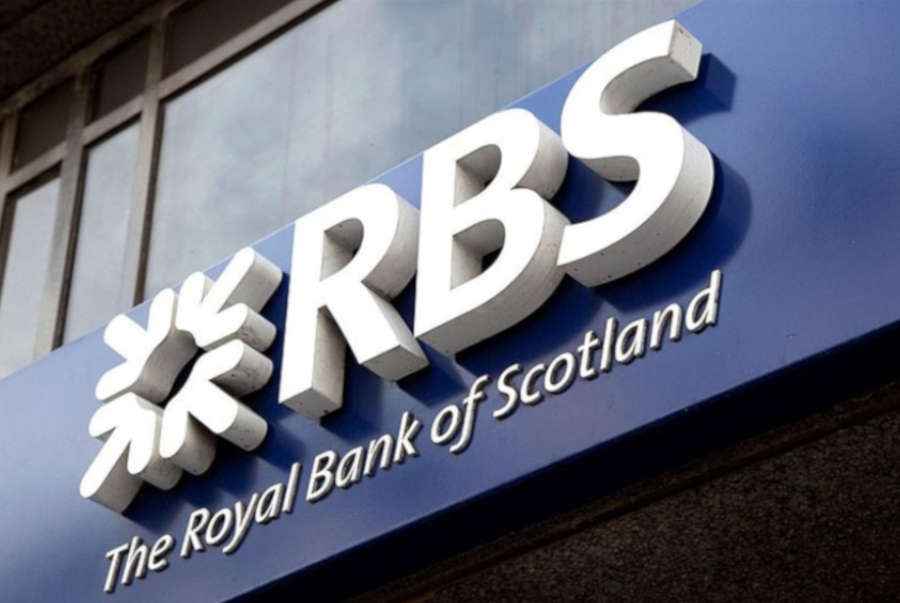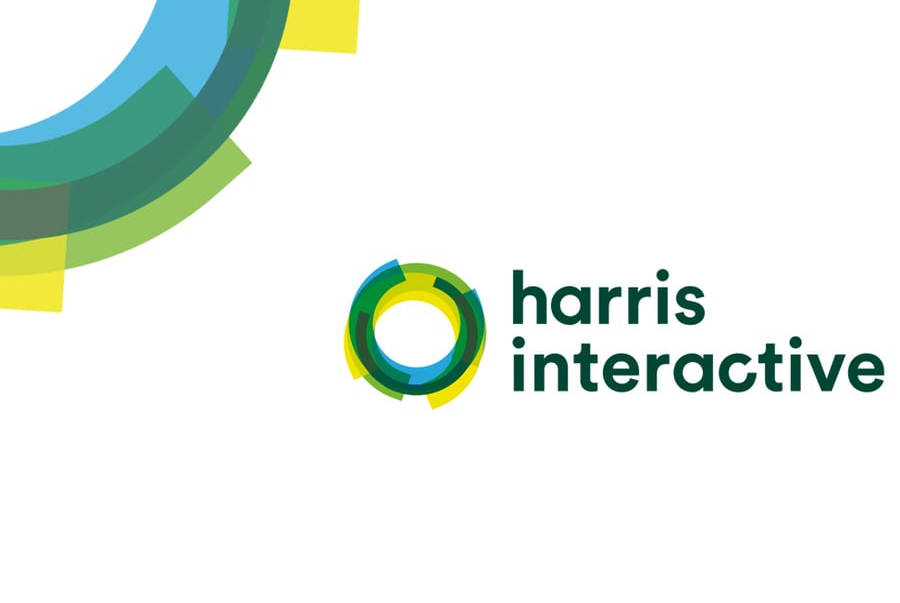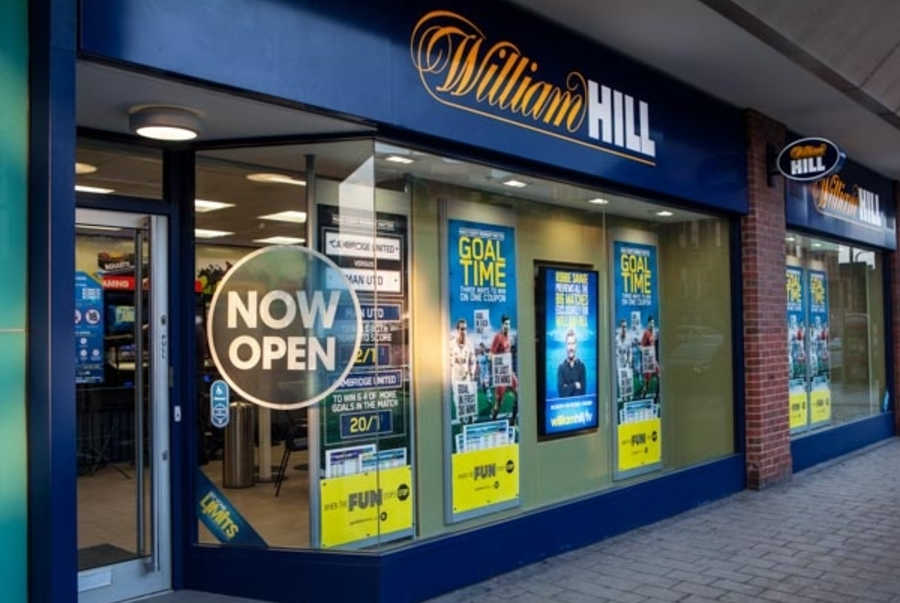- UK banks are stepping up their efforts to protect customers from gambling harm
- Lloyd, RBS, and Santander are working to allow users to limit certain transactions
- Barclays has already successfully launched a similar offer for its mobile solution
UK banks are looking into ways to assist problem gamblers by offering support and preventing financial ruin for those most susceptible to reckless gaming practices.
Three UK Banks Come to Aid Gambling Customers
The United Kingdom (UK) will see three of its flagship banks come to the assistance of problem gamblers. The financial institutions will look into ways to install payment-blocking tools which will prevent gamers from making ruining bets.
The financial institutions involved in this project are Lloyds Bank, Royal Bank of Scotland (RBS) and Santander Bank, which are still deliberating how to best introduce monitoring tools that would allow the banks to act quickly and shut down any payment done via debit card when it comes to industries such as gambling.
Previously, Barclays Bank has introduced something similar, allowing customers to limit the amount of money they can place at a gambling website or block such transactions altogether. The measure includes a variety of properties, including:
- Online casino sites
- Card rooms
- Lottery websites
- Bingo
- Land-based betting shops
The introduction of these “self-exclusion” tools has not been carved in stone, meaning that the date is still open to debate. However, the banks are moving ahead with thrashing out the details. A Santander spokesperson has commented:
We are working on functionality for debit card holders to turn off a number of broad categories of spend, for example gambling.
The Royal Bank of Scotland has been one of the staunches supporters of self-exclusion, allowing clients to freeze operations carried over their mobile app or banking website and directed at gambling.
The move, the bank estimates, is designed to help people manage their money better and avoid falling into temptation. In fact, the UK government has been toying with the idea themselves.
We recently launched the ability for our customers to freeze their credit cards and set spending budgets using our mobile app, and are always looking at further ways to help customers manage their money. – RBS
The new measures will allow customers to have more control over their financial transactions. More control over any sort of financial dealing, the bank estimates, will also lead to “peace of mind”. In addition, the RBS is planning to assist directly any customer who may need help with controlling their gambling habit.
Similarly, to casinos and NGOs, banks are also stepping their game to create a safe environment that goes beyond the technical execution of transactions. When the measures are introduced, banks may look into how much money of a customer’s total budget is going for gambling, betting and other activities related to the sector.
Barclays Mobile Bank app has already allowed customers to pick from a variety of places where they can block their transactions, including gambling venues, but also food places, such as restaurants, takeaways, pubs, supermarkets and more.






